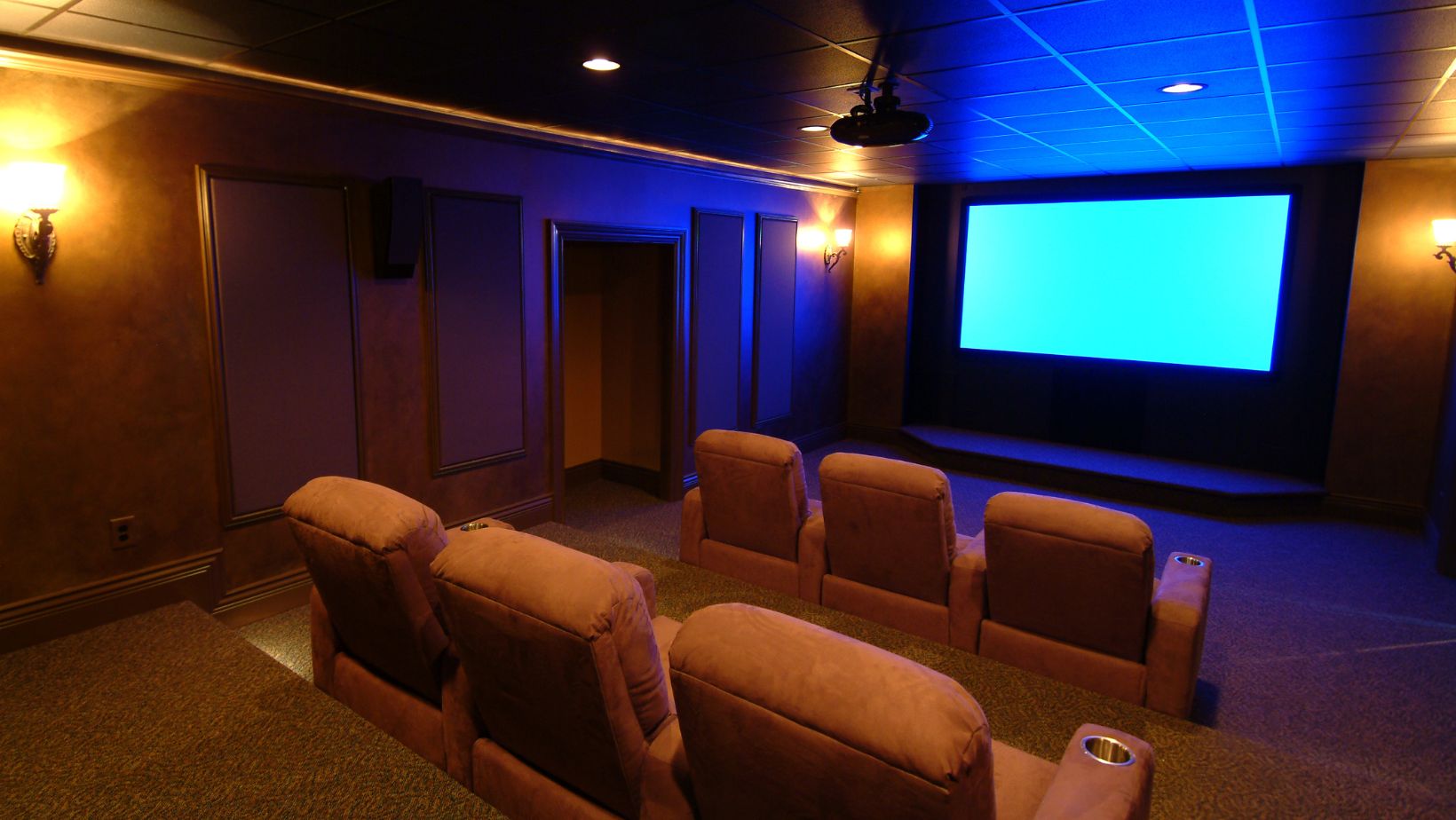
The Ultimate Guide to Home Theatre Power Managers: Optimizing Your Entertainment Experience

In the fast-paced world of technology, home entertainment systems have evolved to provide an immersive experience for movie enthusiasts, gamers, and music lovers. A crucial aspect of any home theatre setup is the efficient management of power to ensure optimal performance, energy conservation, and protection of valuable electronic equipment. This comprehensive guide explores the concept of home theatre power managers, their benefits, and how they contribute to enhancing your overall entertainment experience.
Understanding Home Theatre Power Managers
A home theatre power manager is a device designed to regulate and distribute electrical power to various components of your home entertainment system. It acts as a centralized control unit that safeguards sensitive electronics from power surges, fluctuations, and other electrical issues. In addition to protection, these devices offer features such as power sequencing, energy management, and remote control functionality.
Importance of Power Management in Home Theatres
Voltage Fluctuations and Surges
Voltage fluctuations and power surges are common issues that can adversely affect electronic devices. Home theatre power managers play a crucial role in mitigating these risks by providing surge protection and voltage regulation. This ensures a stable and consistent power supply to your expensive audio and video equipment, preventing potential damage.
Energy Efficiency
With growing concerns about energy consumption, home theatre power managers incorporate energy-efficient features to help reduce their carbon footprint. These devices often come with power-saving modes, smart outlets, and scheduling capabilities, allowing you to optimize energy usage without compromising performance.
Equipment Protection
The sensitive components of home theatre systems, such as amplifiers, receivers, and high-end speakers, are susceptible to damage from power-related issues. Power managers act as a safeguard, preventing irreparable harm and extending the lifespan of your valuable equipment.
Features of Home Theatre Power Managers
Surge Protection
One of the primary functions of a home theatre power manager is to protect your equipment from power surges. Advanced surge protection technology ensures that any sudden spikes in voltage are absorbed or redirected away from your devices, preventing damage.
Voltage Regulation
Fluctuations in voltage can be detrimental to the performance and longevity of electronic devices.

Home theatre power managers with voltage regulation capabilities maintain a consistent voltage supply, ensuring that your equipment receives the power it needs without being exposed to harmful fluctuations.
Power Sequencing
Power sequencing allows you to control the order in which your home theatre components power on and off. This feature is particularly useful in preventing power surges caused by the simultaneous activation of multiple devices. It also helps ensure that sensitive equipment receives power in the optimal sequence, reducing wear and tear.
Energy Management
Many modern power managers come equipped with energy management features to help you save on electricity costs. These features may include power-saving modes, automatic shutdownduring idle times, and programmable outlets that turn off when not in use.
Remote Control and Automation
The convenience of remote control and automation adds to the appeal of home theatre power managers. With the ability to control power settings, outlets, and modes remotely, users can customize their home theatre experience effortlessly.
Choosing the Right Home Theatre Power Manager
Capacity and Outlets
Consider the power manager’s capacity to ensure it can handle the total wattage of your home theatre components. Additionally, the number and type of outlets should match your specific needs, including accommodating various plug sizes and shapes.
Surge Protection Rating
The surge protection rating is a critical factor in evaluating the effectiveness of a power manager. Look for devices with higher joule ratings, as they indicate a greater capacity to absorb and dissipate energy from power surges.
Voltage Regulation
Select a power manager with voltage regulation capabilities, especially if you live in an area prone to voltage fluctuations. Voltage regulation ensures a stable power supply to your equipment, contributing to optimal performance.
Energy Management Features
For energy-conscious users, choosing a power manager with energy management features is essential. Look for models with power-saving modes, programmable outlets, and automation capabilities to enhance energy efficiency.
Build Quality and Durability
Invest in a power manager with a robust build quality to ensure durability and long-term reliability. Quality components and construction contribute to the overall effectiveness of the device in protecting your home theatre equipment.
Setting Up and Configuring Your Home Theatre Power Manager
Once you’ve selected the right power manager for your needs, proper setup and configuration are crucial for maximizing its benefits. This section will guide you through the installation process, including connecting your devices, configuring power settings, and utilizing advanced features.
Troubleshooting and Maintenance
Periodic maintenance and troubleshooting are necessary to ensure the continued effectiveness of your home theatre power manager.

This section will cover common issues, troubleshooting tips, and best practices for maintaining your power manager to keep your home theatre system running smoothly.
Real-World Benefits and User Testimonials
Explore real-world scenarios where home theatre power managers have made a significant impact on users’ experiences. User testimonials and case studies will highlight the tangible benefits of investing in a quality power manager for your home entertainment setup.
Future Trends in Home Theatre Power Management
As technology continues to advance, so does the landscape of home theatre power management. Explore emerging trends and innovations, such as artificial intelligence integration, smart home compatibility, and advancements in energy-efficient technologies that will shape the future of power managers.
Conclusion
In conclusion, a home theatre power manager is a critical component for anyone looking to create a top-tier entertainment experience while safeguarding their valuable electronic equipment. By understanding the importance of power management, exploring the features of these devices, and selecting the right model for your needs, you can optimize your home theatre setup for performance, efficiency, and longevity. With the right home theatre power manager, you can take your entertainment experience to new heights while ensuring the protection and longevity of your prized audio and video equipment.



















































































